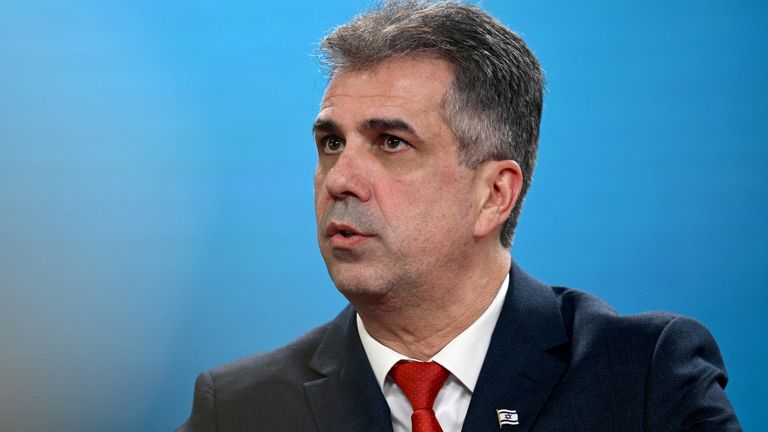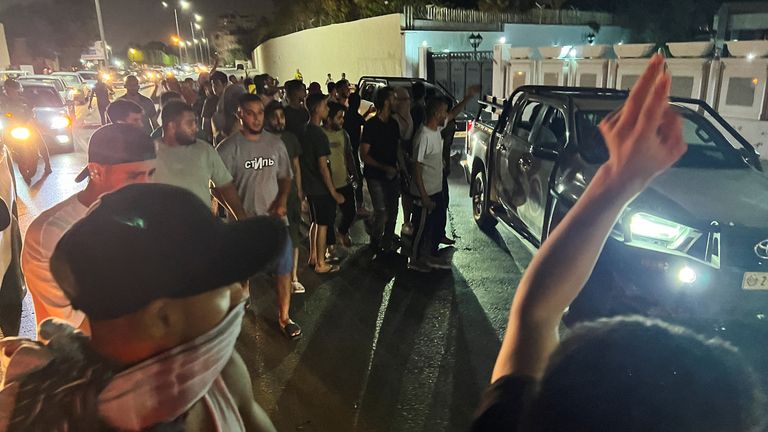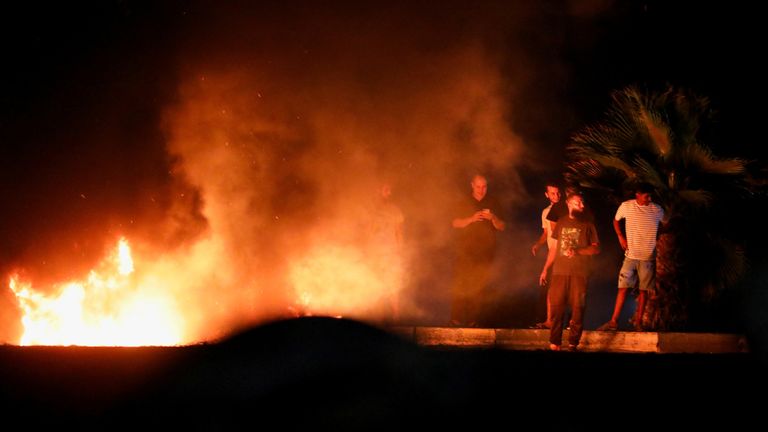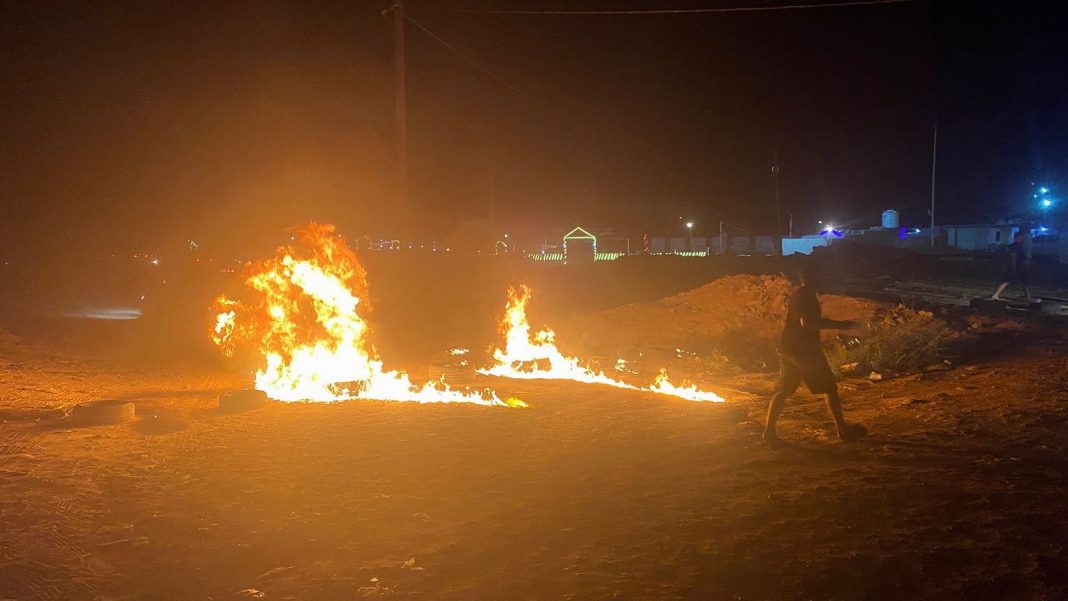The White House is reportedly “furious” with the Israeli government after they publicised a meeting between Israeli and Libyan foreign ministers.
The meeting, which took place in Rome last week, was supposed to be secret but Israel’s foreign ministry released a celebratory press statement on Sunday, hailing the “historic” meeting between the two countries.
The Israeli foreign minister claimed it was “a first step in the ties between Israel and Libya“.
Libya has traditionally been a strong supporter of Palestinians and has no formal ties with Israel
Following the disclosure, the Libyan foreign minister Najla Mangoush was sacked and has reportedly fled the country.
Ms Mangoush, who was born in Wales, has since claimed the Libyan prime minister knew about the meeting beforehand but pretended otherwise once the news leaked.
Protests have been vehement in Libya towards the meeting
The Israeli foreign minister, Eli Cohen, has been criticised for being “amateurish and unprofessional” but he hit back in a tweet on Monday night, blaming “political opponents” for the chaos.
Israel’s main opposition leader and former prime minister Yair Lapid also took to X (formerly Twitter) to criticise Mr Cohen’s behaviour.

Israeli foreign minister Eli Cohen
Read more:
Syria’s President Assad would ‘welcome home refugees’
Supermodel Bella Hadid clashes with Israeli minister
Mr Lapid said: “The countries of the world are looking this morning at the irresponsible leak of the Israel – Libya foreign ministers meeting, and asking themselves: is this a country with which we can conduct foreign relations? Is this a country you can trust?”
The White House was reportedly aware of the meeting and had encouraged Tripoli to take part, however it was on the understanding the sit-down would remain covert.
It’s generally accepted that meetings between Israeli and Arab governments happen, but they aren’t discussed publicly.
The news of the meeting sparked protests and riots across Libya by people angry at their government for meeting with Israeli officials.


The Libyan Prime Minister has claimed the meeting was unofficial and not sanctioned by him.
Israel normalised diplomatic relations with four Arab countries in 2020: Bahrain, the UAE, Sudan and Morocco.
Israeli Prime Minister Benjamin Netanyahu is desperate for a deal with Saudi Arabia and there have been near-daily reports that negotiations with Riyadh, brokered by the US, are making progress.
Some diplomats fear that the fallout from the Libya debacle will make further deals much harder to agree, as Muslim capitals will want to avoid a backlash from their people as seen in Libya over the past 48 hours.
Mr Cohen’s reputation with Arab colleagues is likely to have been severely dented and some might be wary before trusting him in future, following the decision to disclose the Libya meeting.







